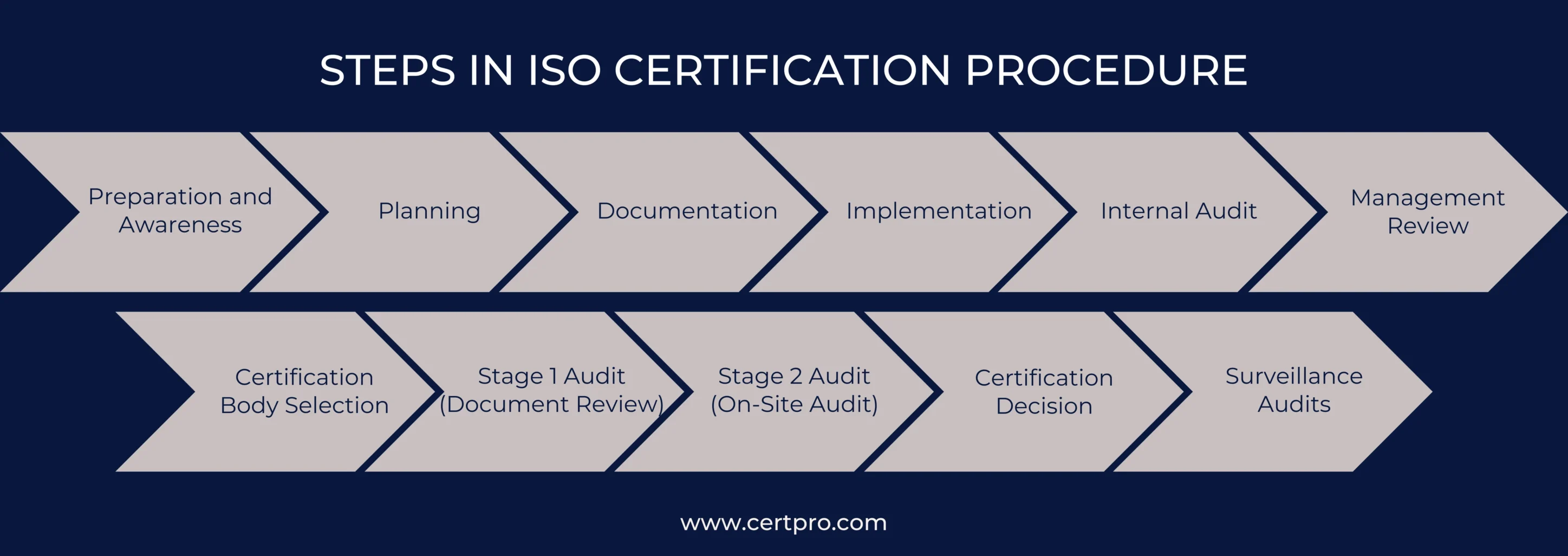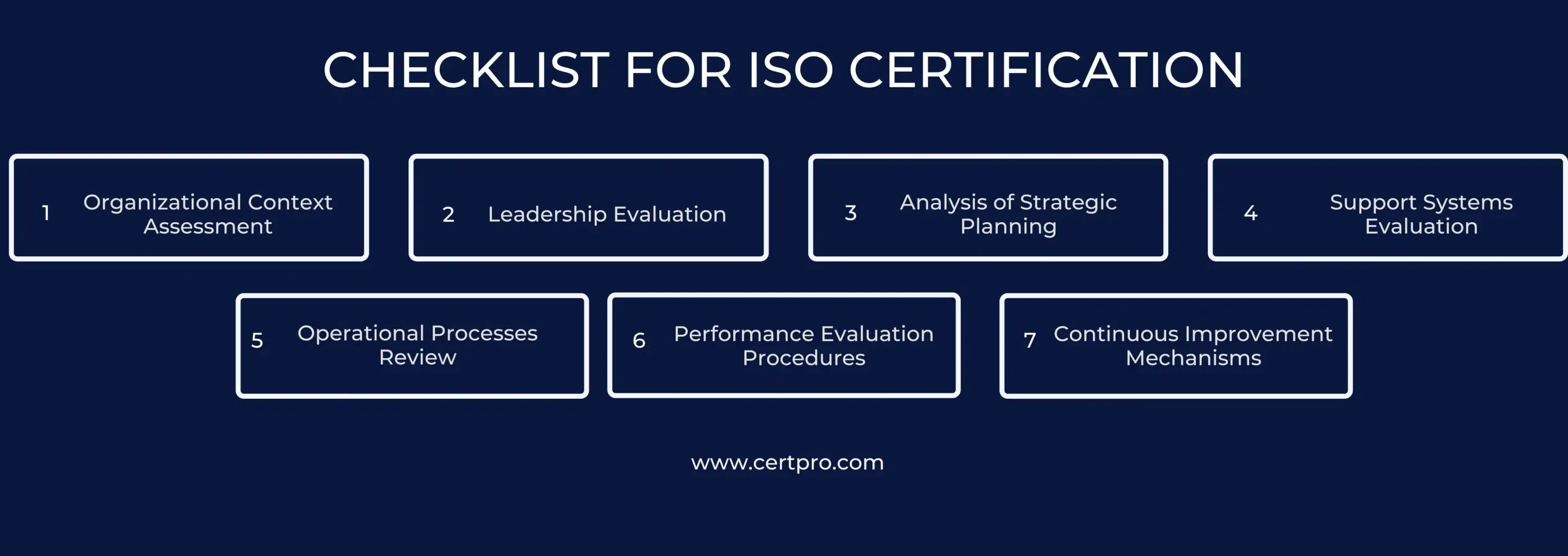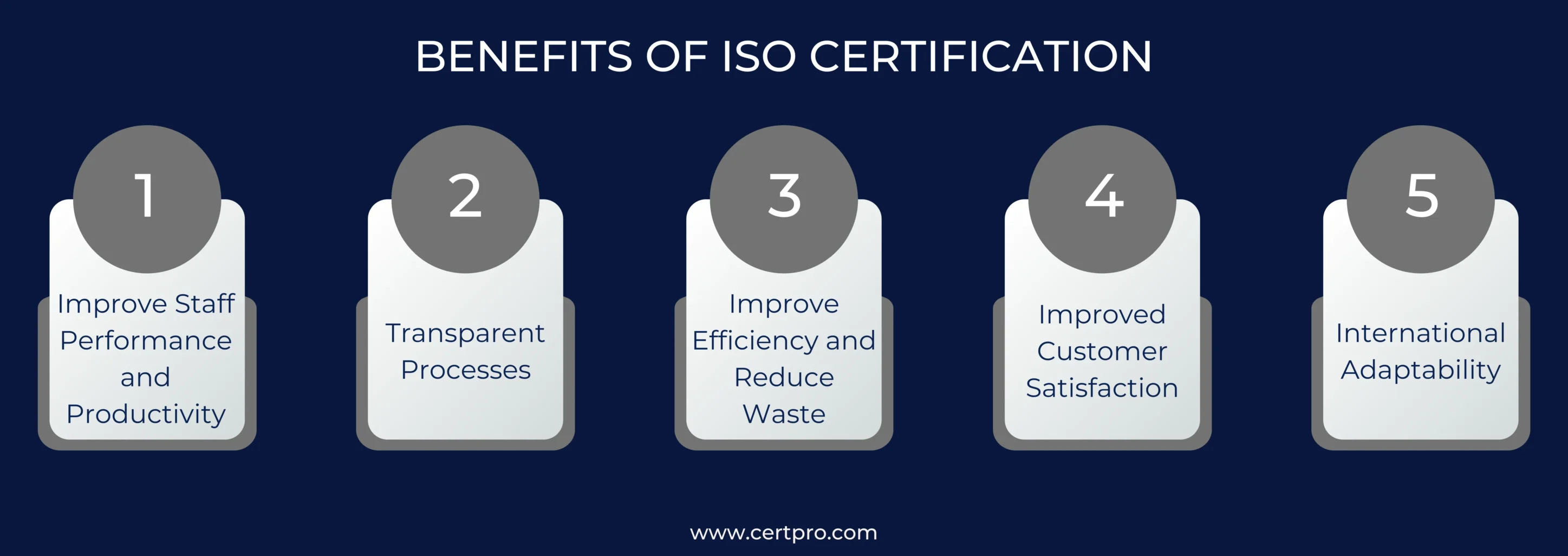NETHERLANDS
ISO CERTIFICATION IN NETHERLANDS
Companies today want to sell their goods and services all over the world. Because of this, making the goods and services better is necessary for their growth. Therefore, businesses need ISO approval for their business growth. ISO certification in Netherlands shows that the business follows global quality control, manufacturing, and business rules. Also, getting ISO certification in Netherlands proves that a business has followed world rules for compliance. In the Netherlands, where business is diverse and growing, ISO approval gives customers trust in the quality of goods and services.
Furthermore, ISO was set up in the middle of the 20th century to give customers and employees about quality and safety. So, companies are getting ISO approval to show that they follow the rules that apply to their field. Again, ISO approval makes international trade easier and guarantees the quality of the goods. The main goal of the license is to improve the world’s businesses. ISO certification in Netherlands ensures that buyers get good products and services and that workers are safe and secure. Read the whole page to learn more about the steps and perks of getting ISO certification in Netherlands.
WHY ISO CERTIFICATION IN NETHERLANDS?
In the Netherlands, getting ISO approval is not only a sign of quality. It can also open up many doors for your business. It increases productivity and satisfies your customers. Also, getting ISO certification in Netherlands can help you lower your risks and take advantage of new possibilities. This will make your business more robust and flexible in a constantly changing market.
Furthermore, ISO certification in Netherlands lowers the chance of making the same mistake since process tracking records. ISO also helps businesses grow and make advertising efforts in the Netherlands. Promoting your business this way shows that it meets foreign standards, increasing demand. In some cases, companies want their sellers to have ISO approval before they will work with them. Thus, it provides an edge in a market where competition is high. In addition, the certification process keeps your business from having skill gaps and encourages. Also, getting ISO approval makes it easier to sell goods worldwide and speeds up business growth.
UNDERSTANDING ISO CERTIFICATION IN NETHERLANDS
The ISO 9001 certification shows that a Dutch company is committed to providing excellent and reliable goods and services. Regarding caring for the environment, the goal of the ISO 14001 standard in the Netherlands is to promote healthy economic growth. The main goal of ISO 27001 is to protect private data. Thus, it is especially crucial for the Netherlands as it continues its digital change journey. Certification from ISO. It helps the diverse Dutch market by increasing consumers’ confidence and allowing businesses to compete abroad. In addition, ISO certification improves a product’s reliability, reduces waste, and eliminates flaws. Consequently, ISO certification in Netherlands gives businesses the power and trust to build a robust framework. According to the International Organization for Standardization (ISO), ISO certification proves that a company’s management system, processes, goods, or services meet specific standards.
Related Links
SOC 2 in Netherlands
ISO 27701 in Netherlands
GDPR in Netherlands
ISO 27018 in Netherlands
HIPAA in Netherlands
CCPA in Netherlands
PIPEDA in Netherlands
ISO 17025 in Netherlands
ISO 13485 in Netherlands
CE Mark in Netherlands
GDP in Netherlands
GLP in Netherlands
ISO 9001 in Netherlands
ISO 14001 in Netherlands
ISO 45001 in Netherlands
ISO 22000 in Netherlands
HACCP in Netherlands
ISO 22301 in Netherlands
ISO 21001 in Netherlands
ISO 41001 in Netherlands
ISO 20000-1 in Netherlands
ISO is an independent group known worldwide for setting standards for quality, safety, and speed in many fields. Because ISO standards are widely accepted, Dutch businesses can safely enter global markets. Companies with ISO approval often have an advantage over their competitors because it shows they are dedicated to quality and constant growth. The Netherlands’ focus on sustainability aligns with ISO 14001 approval, which deals with managing the environment. ISO standards usually put customer needs first, which keeps customers and makes them happier. ISO certification is essential for Dutch companies with foreign supply chains. An important part of ISO certification is continuous growth, which helps Dutch companies stay competitive by making their processes run more smoothly. In the end, ISO approval shows that you follow foreign quality standards, which builds trust with customers and business partners.

STEPS IN ISO CERTIFICATION PROCEdure in netherlands
The procedure requires the following actions for successful certification. However, the procedures are flexible to the organization’s requirements.
Preparation and Awareness: Implementing ISO standards requires understanding the company’s goals and objectives. Thus, it helps to learn about the requirements, benefits, and implementation of standards.
Planning: Proper planning helps in the successful execution of strategy. Recognizing the gap in the organization is essential. Therefore, it helps in preparing an action plan to eliminate the vulnerabilities. Hence, a list of changes should be developed to improve compliance status.
Documentation: Implementation of compliance requires a proper documentation process. It helps in reviewing the process. Thus, the auditor identifies possible gaps in the requirements through the documentation.
Implementation: These steps involve implementing processes and policies to achieve success. Close monitoring and adjustments are necessary for better functioning.
Internal Audit: It assists in reviewing the controls and recognizing the strategy’s effectiveness. In addition, an internal audit identifies and acknowledges the areas of vulnerability.
Management Review: It assesses the ISO implementation’s success, applicability, and development. It decides what has to be changed or improved.
Certification Body Selection: External bodies issue certification to businesses, not ISO. Therefore, select certification bodies with caution based on their expertise and knowledge.
Stage 1 Audit (Document Review): In this process, documents and procedures are reviewed to recognize compliance status, rectify inconsistencies, and ensure that the work meets the established quality criteria.
Stage 2 Audit (On-Site Audit): An external auditor conducts a final audit after implementing the changes. This procedure guarantees the eradication of non-conformities and obtains an ISO report.
Certification Decision: The ISO audit report is the ultimate aim of the certification process. After reviewing the whole process, the auditor will issue the report if all findings are satisfactory.
Surveillance Audits: It ensures adherence to regulatory compliance. In addition, periodic monitoring and auditing improve the effectiveness of the policies and procedures.
Sustaining partnerships with your preferred certification bodies facilitates compliance with the regulations.

ISO CERTIFICATION PROCESSING TIME
Getting ISO certification in Netherlands is a long process that takes at least three to six months. Its main goal is to follow specific steps connected to standards. Before they get their first audit, companies have to set up and keep up these systems for a certain amount of time. Certpro, an ISO consultants in Netherlands, could help your business in this context. Therefore, companies must take the proper steps to get ISO certification. The certification is continued for three years and needs to be inspected yearly. You need to work with skilled ISO experts to continue compliance with your organization. It ensures that things are done efficiently and legally while keeping ISO certification costs in Netherlands as low as possible.
CHECKLIST FOR ISO CERTIFICATION IN NETHERLANDS
Apply the subsequent audit checklist to validate adherence to ISO standards:
Organizational Context Assessment: Understanding the organization’s objectives regarding certification is advantageous. Thus, it considers external and internal factors and stakeholders’ expectations—compliance-related risks and opportunities.
Leadership Evaluation: The organization demonstrates its commitment to delivering superior-quality services. It indicates that the company possesses the resources and capacity to implement quality protocols.
Analysis of Strategic Planning: Businesses must list risks, opportunities, and objectives. Hence, a strategy must explain how they plan to implement any required modifications. In addition, strategic planning guarantees the allocation of organizational resources and the management of risks.
Support Systems Evaluation: Organizations must implement a quality management system. This requires infrastructure, tools, the operating environment, expertise, and procedures. Therefore, it verifies the existence of support mechanisms.
Operational Processes Review: Companies must evaluate their services critically. This helps them gain insight into their susceptibilities. Moreover, this stipulation requires a more comprehensive analysis of external processes.
Performance Evaluation Procedures: The process offers techniques for monitoring and assessing performance. Consequently, internal audits, management evaluations, and customer satisfaction surveys can be employed.
Continuous Improvement Mechanisms: Implement initiatives that encourage the ongoing enhancement of systems. Measures to promote ongoing development should be integrated per ISO principles.

POPULAR ISO STANDARDS IN NETHERLANDS
ISO Standards, including ISO 9001, ISO 45001, ISO 27001, ISO 22000, ISO 14001, ISO 17025, ISO 13485, and more. Serve as crucial benchmarks for quality, safety, and efficiency across various industries. In the Netherlands, ISO certification helps foster adherence to established standards. In this regard, ISO 9001 signifies quality management. ISO 45001 indicates occupational health and safety; ISO 27001 is for information security. In addition, ISO 22000 is for food safety, and ISO 14001 is for environmental management. ISO 17025 for laboratory testing and calibration, ISO 13485 for medical devices, and others.
The ISO certification body in the Netherlands plays a pivotal role in elevating businesses’ standards. It ensures that they align with these internationally recognized benchmarks, enhancing the overall quality. Furthermore, it facilitates global trade by establishing a common ground for compliance. ISO certification helps uphold the reputation of their products and services. It demonstrates a commitment to excellence internationally. This collaborative effort between businesses and ISO certification bodies is crucial. Therefore, it fosters continuous improvement and adherence to global standards across nations worldwide.
BENEFITS OF ISO CERTIFICATION IN NETHERLANDS
If you desire to enhance the growth and reputation of your business, you should pursue ISO certification. The certification signifies that the organization is establishing quality management standards. The following benefits are briefly outlined for your comprehension:
Improve Staff Performance and Productivity: ISO certification is a massive business opportunity to increase efficiency and effectiveness. Standardizing processes and procedures encourages employees to collaborate effectively. In addition, ISO certification in Netherlands encompasses an audit that provides employees with strategic guidance.
Transparent Processes: The certification procedure entails an external audit by auditors. It facilitates improvement and establishes a transparent operational procedure. Furthermore, ISO standards serve to disclose process metrics, enhance operational procedures, and enrich functionality. The standardization reduces ambiguity and confusion regarding tasks and improves communication regarding expectations.
Improve Efficiency and Reduce Waste: ISO certification in the Netherlands improves your organization’s financial performance. It enables cost savings and eliminates waste in the operation process. Moreover, ISO certification provides standards for quality management systems, which can increase profitability.
Improved Customer Satisfaction: ISO certification enables you to establish your organization’s credibility in front of your clients. Thus, obtaining ISO certification is a legitimate way to demonstrate your commitment to producing superior goods and implementing efficient processes. ISO certification in Netherlands ensures that the products and services comply with the most rigorous global quality criteria.
International Adaptability: ISO certification verifies that a company’s products and services adhere to stringent international standards.
The standards ensure that the organization’s services and products adhere to international standards. Furthermore, they indicate that the organization possesses a distinct framework to minimize and alleviate potential risks. Therefore, ISO certification in the Netherlands grants organizations global flexibility, which aids in expanding their operations.

INDUSTRIES THAT BENEFIT FROM ISO CERTIFICATION IN NETHERLANDS
Companies in the Netherlands recognize the significance of ISO certification for their success. It has many advantages that can significantly impact various industries in the country. These certifications represent a profound commitment to quality, security, and sustainability. ISO 9001 accreditation leads to heightened operational efficiency and improved product quality. It fosters a continuous improvement mindset. The certification gives companies a robust foundation in competitive markets.
In today’s data-centric world, ISO 27001 certification has become crucial for the IT industry. It serves as a bulwark that strengthens risk management and data security procedures. This certification safeguards sensitive data to gain client trust and ensure business success. ISO/TS 16949 standards are pivotal in the automotive sector, ensuring reliable vehicle production. Thus, the standard makes the Netherlands a global manufacturer of quality automobiles. In addition, it adheres to stringent quality standards and regulations. These certifications resonate throughout society, fostering more ecologically friendly and sustainable construction practices. Additionally, they contribute to a greener, healthier, and more prosperous Netherlands. Changes in the healthcare, educational, and IT sectors have a positive impact.
In this context, seeking guidance from ISO consultants in the Netherlands becomes imperative. It helps change the organization’s management systems and makes them more effective in business.
CERTPRO: EMPOWERING YOUR BUSINESS TO ATTAIN ISO CERTIFICATION EFFORTLESSLY
ISO certification in the Netherlands proves your organization’s credibility in the international market. Consequently, CertPro can help you implement ISO standards for your organization. We are the ISO consultants in Netherlands, delivering exceptional services to our clients by adhering to the established standards. Furthermore, our experts will assist you in developing a comprehensive certification framework. Additionally, CertPro tailors the standard to the specific needs of the organization. Again, we will offer comprehensive services throughout the certification and surveillance auditing processes.
ISO certification costs in Netherlands depend on the organization’s structure and complexity. However, CertPro offers cost-effective services that benefit your organization. Therefore, obtaining ISO certification is simplified when you select CertPro.
FAQ
What is ISO certification, and why is it important in the Netherlands?
ISO certification in Netherlands signifies adherence to international standards, which is crucial for operational efficiency, quality assurance, and gaining trust in various industries. It ensures businesses meet global benchmarks.
How can a company in the Netherlands obtain ISO certification?
To achieve ISO certification in Netherlands, companies must undergo processes like certification preparation, application of ISO standards, internal audits, selection of a certification body, and external audits.
What are the essential steps in the ISO certification process in the Netherlands?
The ISO certification process involves preparation, planning, documentation, implementation, internal audit, management review, certification body selection, document review, on-site audit, certification decision, and surveillance audits.
Why is ISO 27001 certification crucial for the IT industry in the Netherlands?
ISO 27001 certification in the Netherlands strengthens risk management, data security, and overall success in the digital landscape. It safeguards sensitive data, which is crucial for client trust and business prosperity.
How does ISO certification benefit businesses in the Netherlands?
ISO certification enhances a business’s credibility, reduces trade barriers, boosts consumer confidence, and provides a competitive advantage globally. It symbolizes adherence to strict standards, improving product reliability, and cutting expenses.
THE IMPORTANCE OF SOC 2 FOR SAAS COMPANIES: BENEFITS AND REQUIREMENTS
SOC 2 is a data security standard developed by the American Institute of Certified Public Accountants (AICPA). The standard offers the desired level of privacy and security regarding customer information. The rule is not mandatory, but it has multiple benefits for...
DIFFERENT HIPAA REQUIREMENTS: UNDERSTANDING THE RULES AND REGULATIONS
With increasing cyberattack trends, organizations must take appropriate measures to secure their lifeblood. Similarly, patient health and financial information need protection in the healthcare sectors. Therefore, the Health Insurance Portability and Accountability...
NAVIGATING DATA PRIVACY FRAMEWORKS: A COMPREHENSIVE GUIDE
Globalization has intense effects on business functioning and scaling. In today's digital world, companies are generating an unprecedented rate of data that requires protection from emerging cyber threats. In addition, recurring data breaches and privacy concerns make...












